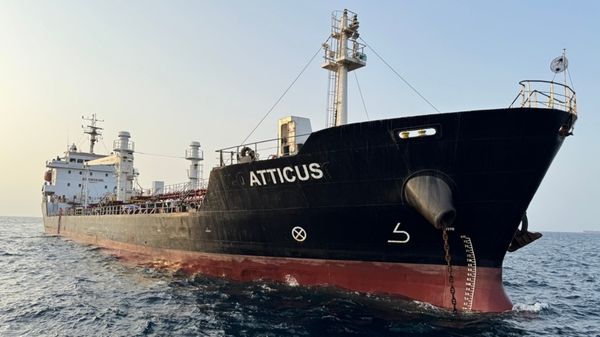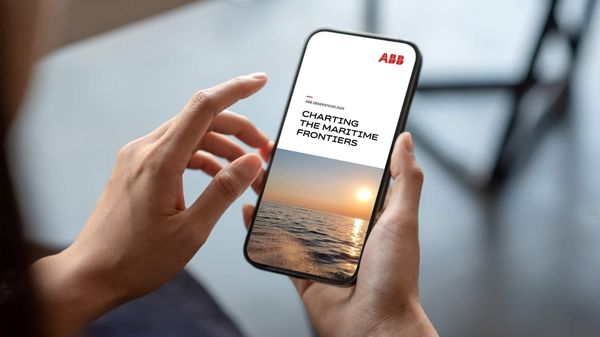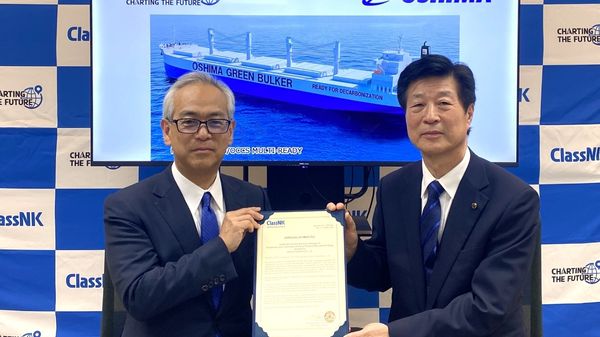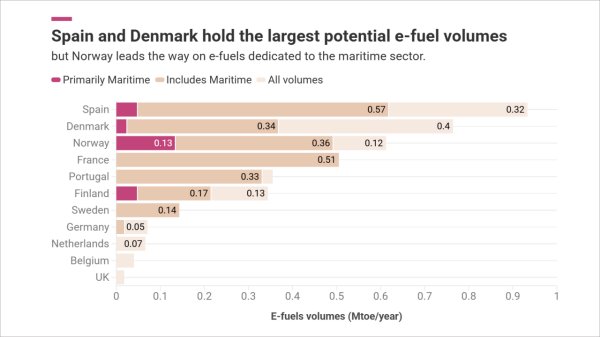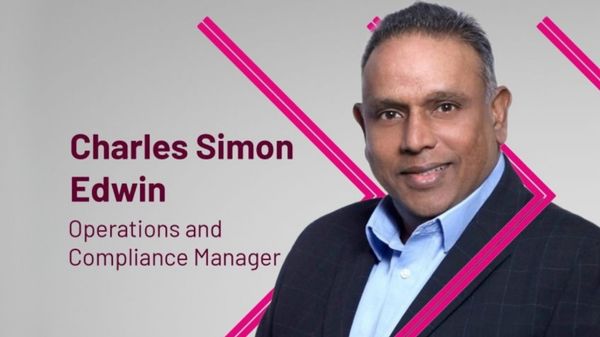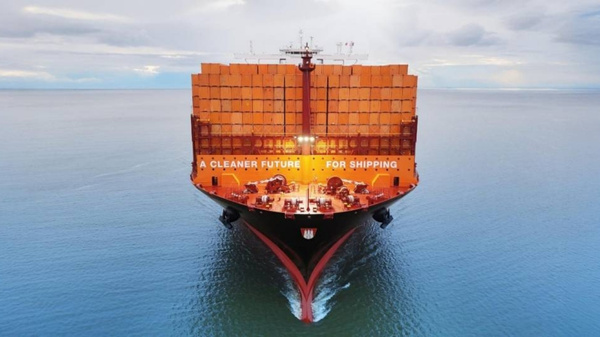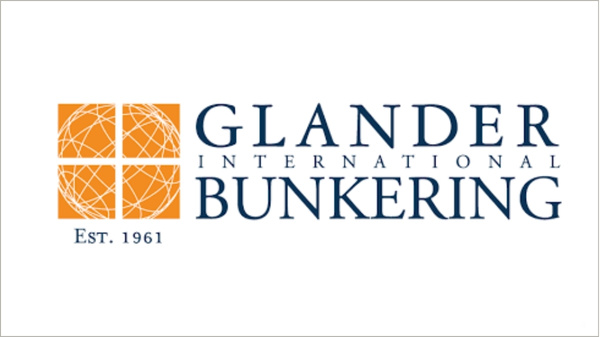Address by Kitack Lim, Secretary-General of the International Maritime Organization (IMO), at the opening of the 70th session of the Marine Environment Protection Committee on 24th October 2016.
Good morning Mr. Chair, distinguished delegates,
It is a pleasure for me to welcome you to the seventieth session of the Marine Environment Protection Committee. I extend a particular welcome to those of you who are attending the Committee for the first time.
Before I move on, I have been reminded that today, 24 October, is United Nations Day, and as part of the UN-family, we should acknowledge and celebrate this.
Allow me first to comment briefly on general matters of importance to the work of the Organization. Our traditional World Maritime Day celebration took place here, in our headquarters building, on 29 September. We have used every opportunity throughout this year to promote the chosen theme "Shipping: Indispensable to the world", and I look forward to the annual parallel event to be held in Turkey from 4 to 6 November. For 2017, we will build on this theme by focussing on the linkage between ships, ports and people.
Shipping transports more than 80 per cent of international trade to peoples and communities all over the world. It is a prime facilitator of global trade and contributor to economic growth and employment at sea and ashore. A safe, secure and efficient international shipping industry is indispensable to the modern world - and this is ensured by the measures and standards developed and maintained by IMO.
But today I also want to look beyond IMO's day-to-day functions and talk to you about what the future might hold for the Organization - in particular, about its place in a more cohesive and connected scheme of global ocean governance.
Today, we live in a global society which is supported by a global economy. The potential benefits are clear: growth can be accelerated and prosperity more widespread; skills and technology can be more evenly dispersed, and both individuals and countries can take advantage of previously unimagined economic opportunities.
The broader challenge we all face is how to ensure future growth can be achieved sustainably; how to ensure that globalization becomes a positive force for all the world's people, and not for just a privileged few.
So, beyond its traditional regulatory function, how does IMO fit into this broader picture? As part of the United Nations family, IMO is actively supporting the 2030 Agenda for Sustainable Development that world leaders pledged to support in 2015.
I have said many times that shipping and related maritime activities are essential components of future sustainable growth for the earth's 7 billion-plus inhabitants. But the search for growth in this sector - as a contribution to blue growth - is a balancing act.
Growing the blue economy should be a long-term strategy aimed at sustainable economic growth through oceans-related sectors and activities, while at the same time improving human wellbeing, social equity and preserving the environment.
Paramount to growing the blue economy is a healthy oceans and seas which is at the heart of one of the 17 Sustainable Development Goals - SDG 14. SDG 14 is at the heart of a sustainable use of the seas and oceans and has particular resonance for the work of this Committee.
IMO has its mandate and I believe has the potential to do more to contribute to other ocean governance initiatives.
***
Mr. Chair, distinguished delegates,
Once again, I am addressing a packed meeting that will see intense activity over the next five days. A total of 167 documents have been submitted under the 18 items on the agenda for this session and you will also have to consider several issues deferred from previous sessions.
Turning to the specific tasks before your Committee, I will start with the Ballast Water Management Convention. As I am sure you are all aware, the recent accession by Finland has triggered the long awaited entry into force of the Convention on 8 September 2017 and to date we have more than half of the world shipping tonnage signed up to this treaty. This is a truly significant milestone for the health of our oceans which will not only minimize the risk of invasions by alien species via ballast water, it will also provide a global level playing field for international shipping, setting clear and robust standards for the management of ballast water on ships.
Meeting the entry into force conditions of the BWM Convention coincides with the upcoming completion of the GloBallast Partnerships Project of the Global Environment Facility (GEF), the United Nations Development Programme (UNDP) and IMO, which has supported and promoted the development of uniform legal, policy and institutional frameworks in several developing countries, and has undertaken a major capacity-building programme in over 70 countries. Half of the Pilot and Lead Partnering Countries of the GloBallast Project have already ratified the BWM Convention, a truly significant contribution to the activation of this landmark global environmental treaty.
The entry into force of the Convention will open the next chapter of a story which began with its adoption in 2004. Already a huge amount has been done to allay concerns about issues like the lack of suitable equipment and guidance for the uniform implementation of the Convention, including the development of a Roadmap to ensure that "early movers" are not penalized once the Convention enters into force.
Among the significant tasks ahead of you this week is the finalization and adoption of the revised Guidelines for approval of ballast water management systems (G8), based on the impressive progress made at the intersessional meeting that took place last week. You will also continue the discussion on exceptions and exemptions under the BWM Convention, and a number of other matters which would promote its uniform implementation.
I am confident that the Committee will do its utmost to make great progress in addressing these matters during this week.
Mr. Chair, distinguished delegates,
The historic Paris Agreement on Climate Change, the most comprehensive international agreement ever to combat climate change, will take effect on 4 November 2016, less than a year after negotiators from more than 190 countries reached a final deal on the issue.
United Nations Secretary-General Ban Ki-moon hailed the news that the agreement met the conditions for entry into force on 5 October 2016 and stated: "This is our chance to set us on course towards a safer, more sustainable and more just future for all on a healthy planet. Let us seize the moment and be true to the values and aims of our organizations." The recent agreements by ICAO to adopt measures to address GHG emissions from international aviation and by the Parties to the Montreal Protocol to phase out hydrofluorocarbons (HFCs) further demonstrate that Member States are gearing up their action on climate change.
At this session, the Committee will continue to build on the solid achievements the Organization has already made to reduce global greenhouse gas emissions, which will contribute to Sustainable Development Goal 13 (SDG 13) which requests urgent action to combat change and its impacts. The mandatory energy efficiency requirements for international shipping have now been in force for over three years.
Data presented to the Committee for information clearly identifies the improvements made. They show that over 1,900 ships have now been certified as complying with the new standards. The Committee will consider the report of the correspondence group tasked to undertake the review of the status of technological developments relevant to implementing phase 2 of EEDI requirements from 2020.
In this regard, I would also like to highlight the development of the IMO Energy Efficiency Technologies Information Portal by the GEF-UNDP-IMO Global Maritime Energy E?iciency Partnerships Project, in short the GloMEEP project, providing a wide spectrum of ways to potentially reduce ship fuel consumption.
You will also consider, for adoption, draft amendments to MARPOL Annex VI on mandatory requirements for ships to record and report data on their fuel consumption together with additional data on proxies for the "transport work" undertaken by the ship. I trust that with the diligent assistance of the drafting group, the Committee will successfully complete the final editing of the draft amendments and look forward to their adoption later this week, sending a clear and positive signal about the Organization's continuing commitment to climate change mitigation.
The data collection system is the first step of a three-step process in which analysis of the data collected will provide the basis for an objective, transparent and inclusive policy debate at IMO. This will then allow a decision to be made on whether any further measures are needed to enhance energy efficiency and address greenhouse gas emissions from international shipping. If so, proposed policy options can then be considered and adopted, as appropriate. This important progress has been supported by all Member States including Least Developed Countries (LDCs) and Small Island Developing States (SIDS) and once again demonstrates the Organization's excellent spirit of cooperation.
However, what these measures do not address is the growth in the overall demand for shipping. The mid-range scenarios forecast in the Third IMO GHG Study show that, by 2050, CO2 emissions from international shipping could grow substantially, depending on future economic growth and energy developments.
Like any international industry driven by supply and demand, shipping will respond to the demands made of it, and how the world will manage these demands is the real challenge. From the perspective of international shipping, this is a particularly difficult challenge.
The Paris Agreement addresses the emissions of individual countries, but shipping is not a country, it is a global industry. Finding an effective way to allocate emissions is not straightforward. Ships can move between different flags as easily as they can sail between different countries.
You may recall that MEPC 69, after detailed consideration, agreed to establish a working group at this session for an in-depth debate on how to progress the matter of reduction of GHG emissions from ships. I am grateful for the proposals submitted identifying different approaches, several of which suggest the development of a work plan or road map that would in turn take the Organization's work to address GHG emissions from international shipping to the next stage of development. Moreover, all proponents have recognized that an appropriate, balanced and well-informed process is required to determine international shipping's future strategy in this regard.
I am very much encouraged to see the spirit of the Paris Agreement alive here at IMO, with Member States showing their willingness to work collaboratively for the greater good. This shows the Organization's strong commitment, as the global regulator of the shipping industry, to continue its work to address GHG emissions from ships engaged in international trade.
I look forward to your discussion of these proposals, with a view to defining the role that the Organization can play to ensure that shipping - an indispensable component of world trade - continues to contribute to the ambitious and important goals of the Paris Agreement.
***
Mr. Chair, distinguished delegates,
You will also be considering the global sulphur cap implementation date based on the review of fuel oil availability as required by regulation 14.8 of MARPOL Annex VI, taking into account the final report of the Steering Committee established at MEPC 68. I would like to thank members of the Steering Committee which was ably led by its coordinator, Mr. Harry Conway of Liberia. Your Committee agreed at its last session, in principle, to take a decision at MEPC 70 on the implementation date and I look forward to the results of your deliberations and your decision so that the shipping and refinery industries and other stakeholders can plan ahead.
Many other items feature on your extensive agenda this week, which time does not allow me to elaborate upon, but all of which deserve your careful attention. From amongst them, I would highlight, in particular:
.1 the consideration of the proposals to designate additional emission control areas (ECAs) for NOX Tier III control in the Baltic Sea and the North Sea.
.2 the adoption of amendments to MARPOL Annex I related to Form B of the Supplement to the International Oil Pollution Prevention Certificate; and amendments to MARPOL Annex V related to HME substances and Form of Garbage Record Book;
.3 the consideration of a proposal submitted by Papua New Guinea to designate the Jomard Entrance as a PSSA;
.4 the approval of the draft section II of the Manual on Oil Pollution - Contingency Planning, and the draft Guide on oil spill response in ice and snow conditions;
.5 considerations of the actions requested of the Committee by PPR 3 and III 3; and
.6 information on technical cooperation activities related to the protection of the marine environment
***
Distinguished delegates,
To conclude, your agenda places heavy demands on you this week in the course of which you are expected to finalize, or make progress on, a large number of important issues. I am confident that, with your unswerving commitment to promote the cause of a clean, green and healthy environment, and with the customary IMO spirit of cooperation, you will succeed in all your objectives and make the sound, balanced and timely decisions that have been the Committee's hallmark of success over the years. The experience gained and leadership skills of your Chair, Mr. Arsenio Dominguez of Panama, supported by his Vice Chair, Mr. Hideaki Saito of Japan, I am sure, will guarantee a successful outcome. I am also sure that all of you will assist them to lead the Committee successfully throughout the session.
***
Finally, I would like to invite you all to a welcome cocktail which I will be hosting this evening, after closure of today's meeting, in the Delegates' lounge.
With this, I wish you every success in your deliberations.
Good luck and thank you.

